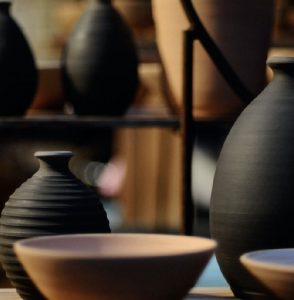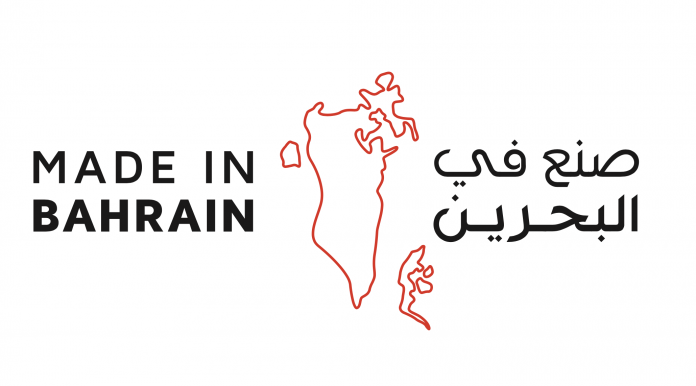The Bahrain Authority for Culture and Antiquities celebrated the World Tourism Day, Sunday, September 27, 2020, with launching the “Made in Bahrain” initiative, and the broadcasting of the Chinese Macau Orchestra concert on it’s channel on YouTube.

On this occasion, Her Excellency Shaikha Mai bint Mohammed Al Khalifa, President of the Bahrain Authority for Culture and Antiquities, said, “Between the [“Made in Bahrain”] project that promotes traditional crafts as a tributary for sustainable development, and the Chinese Macau Orchestra at the Bahrain National Theater, reflecting the central role Bahrain plays in cultural work globally, we confirm our commitment to culture in a way that enhances the Kingdom’s cultural identity and its ancient history, in order to create promising developmental opportunities.” She added, “We are pleased to celebrate World Tourism Day, which consecrates culture as a bridge for civilizational dialogue, meeting via the Internet, in order to discover parallel worlds of culture. Locally, we are acquainted with a Bahraini cultural and commercial brand, and on the other hand we witness a vivid example of Chinese artistic creativity.”
Her Excellency continued her speech, stating that, “The Kingdom of Bahrain is peculiar and unique in its cultural components. Its traditional crafts, cultural places, archaeological sites and historical architectural features offer a basic infrastructure to manufacture a distinct cultural tourism. Our role is investing in these elements to portray the most beautiful picture of Bahrain and to elevate our sustainable products, one of our cultural assets, to be shared with the rest of the world.”
She demonstrated that, since this year’s World Tourism Day comes along with a global health crisis that has greatly affected all cultural and economic sectors in various countries, the activation of programs and projects in support of handicrafts and traditional industries greatly contributes to empowering local communities and enhances a sense of belonging and pride, in addition to opening new doors of creativity and innovation.
Through the “Made in Bahrain” initiative, the Bahrain Authority for Culture and Antiquities seeks to establish a national cultural brand that restores cultural identities in context of daily life in Bahraini society, emphasizing the importance of handicrafts as part of Bahrain’s identity that will be invested in and culturally exported to the world. The Authority announced that the first batch of “Made in Bahrain” products will be issued soon.
This initiative aims to introduce traditional crafts and handicrafts, deepening awareness of these human and social practices at the local, regional and global levels, in addition to progressing these traditional Bahraini products with modern and contemporary elements. Thus, this ensures that the Kingdom’s sustainable cultural industries are promoted locally and abroad, and encourages artisans working in these crafts to continue their practices so that they are passed onto future generations.
It is worth noting that the launch of the “Made in Bahrain” initiative comes several days after the conclusion of the Second National Forum for Intangible Cultural Heritage which shed light on elements of intangible heritage like fashion and textiles, all which are part of Bahrain’s traditional crafts.
The traditional industries and crafts in the Kingdom represent one of the most important elements of intangible heritage, which are exceptional material investments due to the specificity of each region, and the impacts of social and geographical environment, natural resources and other aspects. Culture and heritage institutions around the world tend to achieve the sustainability of crafts and preserve them by placing them as an integral component of national heritage. Bahrain is distinguished by many traditional crafts practiced by men and women alike, such as making woden boxes, ship-making, weaving, pottery, palm leaves, kurar, traditional costumes, engraving on gypsum, nakda and more.


